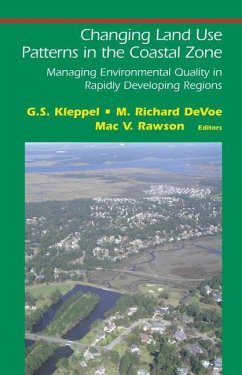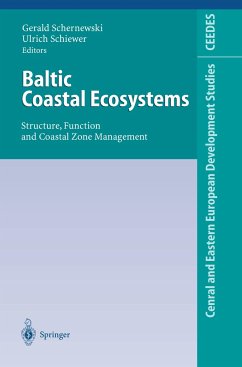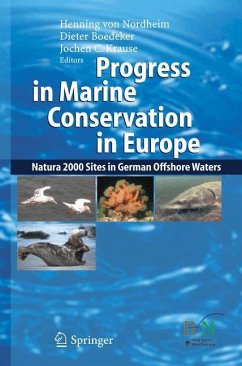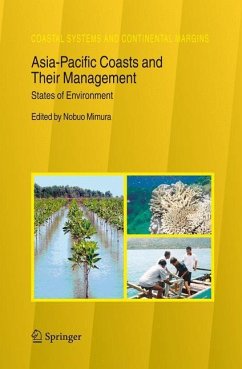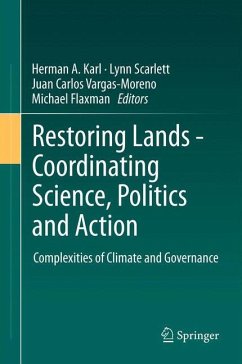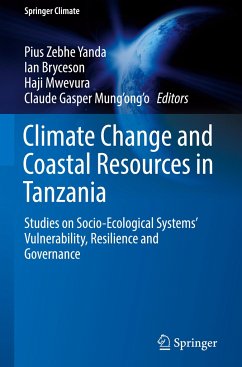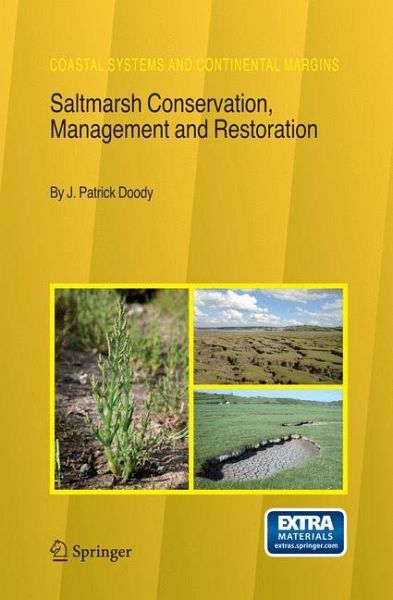
Saltmarsh Conservation, Management and Restoration
Versandkostenfrei!
Versandfertig in 6-10 Tagen
76,99 €
inkl. MwSt.
Weitere Ausgaben:

PAYBACK Punkte
38 °P sammeln!
Coastal habitats provide the link between the land and the sea. They are dynamic, combine to form ecosystems of great complexity and provide significant areas for wildlife. Their landscapes are treasured by visitors, painters and musicians. They also provide locations for significant economic activity and are intimately bound up with fisheries, providing food and shelter for some species of commercially exploited fish stocks. The habitats themselves provide a buffer to tides and wave action, which may be particularly important in areas where relative sea level is rising and during storm period...
Coastal habitats provide the link between the land and the sea. They are dynamic, combine to form ecosystems of great complexity and provide significant areas for wildlife. Their landscapes are treasured by visitors, painters and musicians. They also provide locations for significant economic activity and are intimately bound up with fisheries, providing food and shelter for some species of commercially exploited fish stocks. The habitats themselves provide a buffer to tides and wave action, which may be particularly important in areas where relative sea level is rising and during storm periods. Managing these assets in the face of continuing pressure from human populations on a sustainable basis is a major task.





